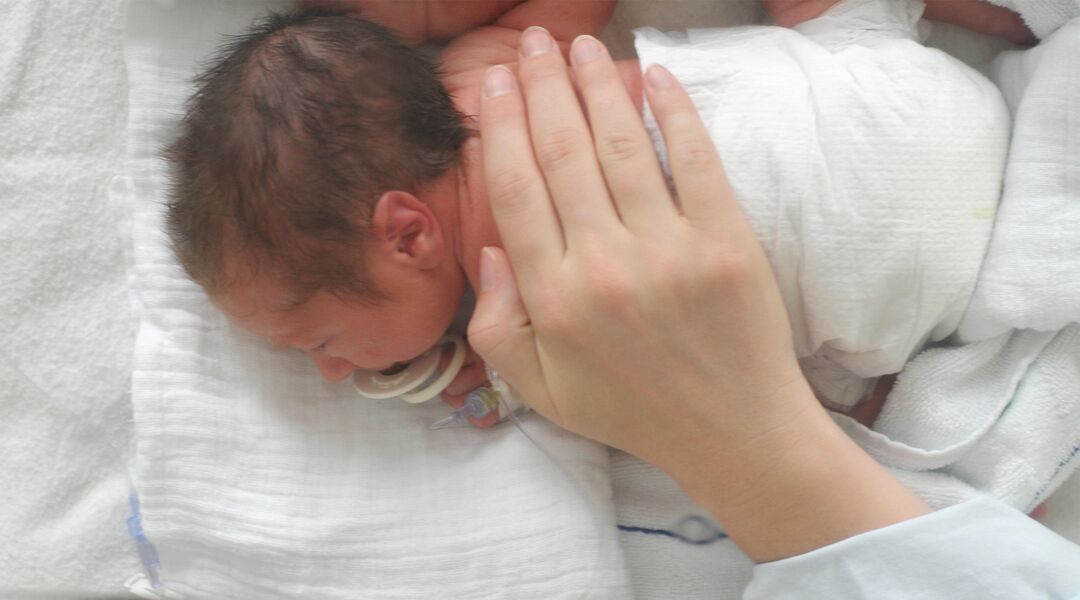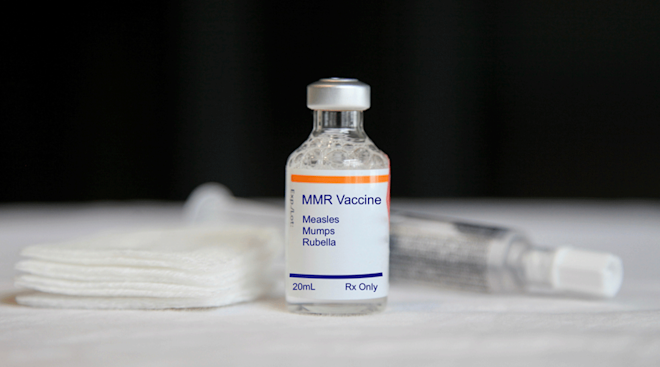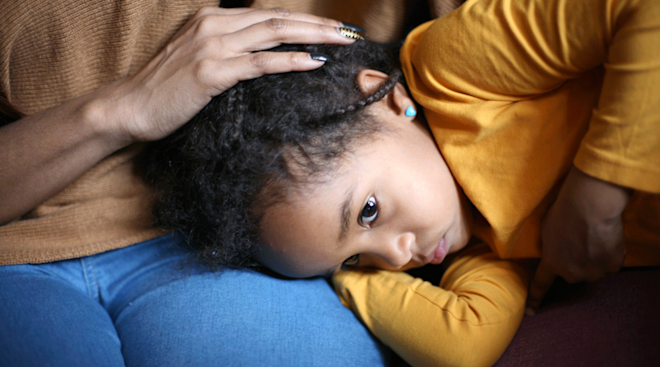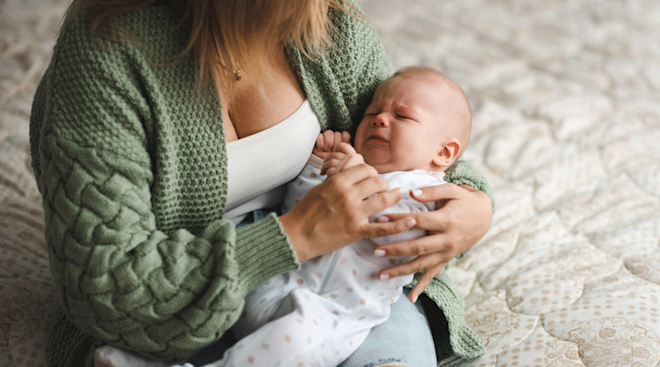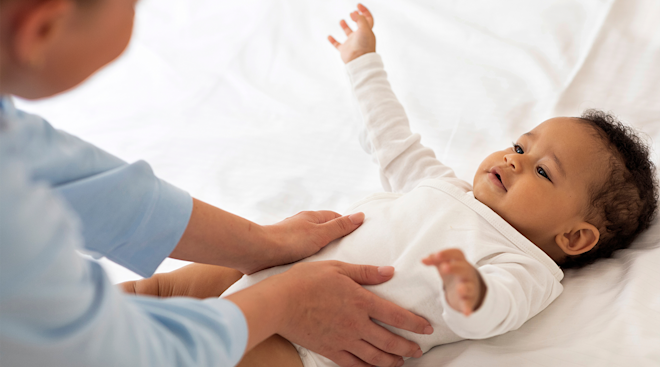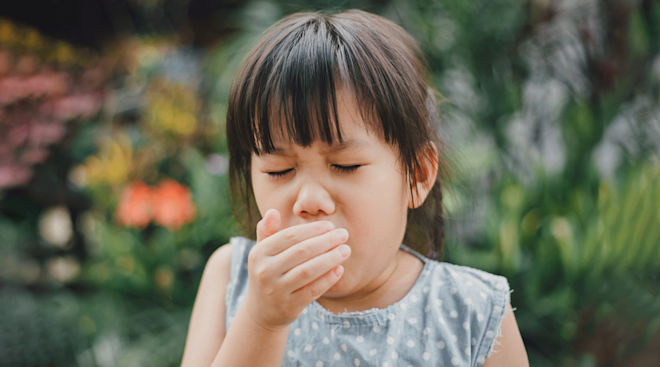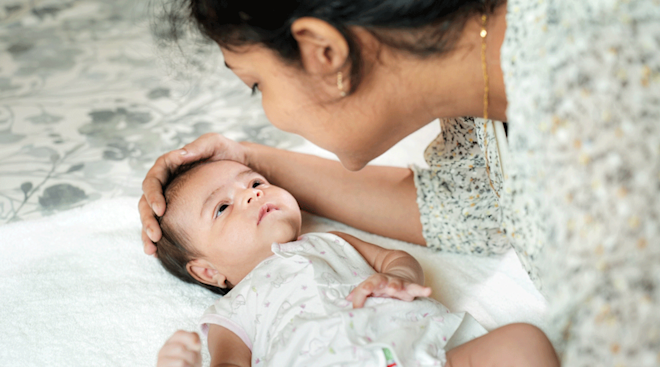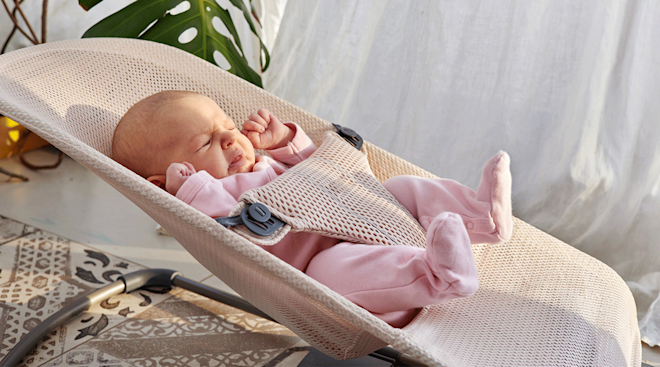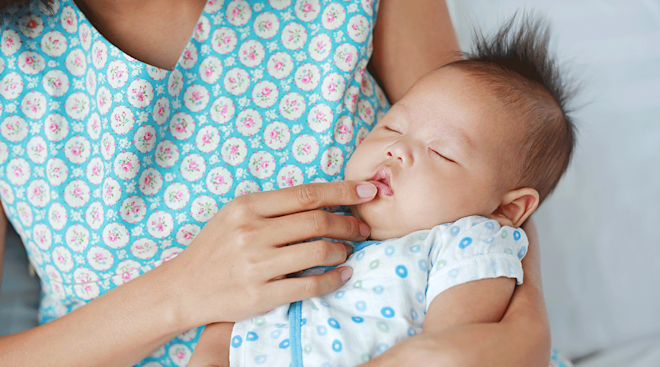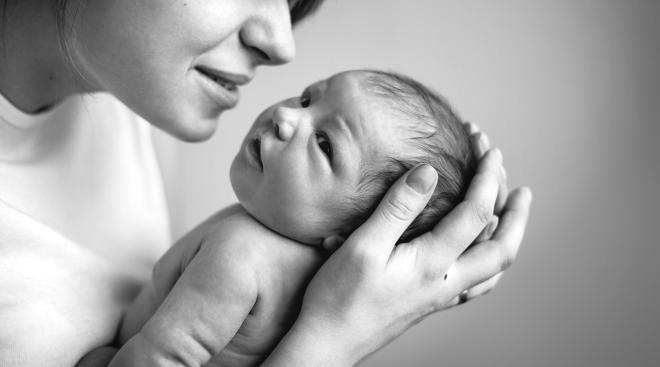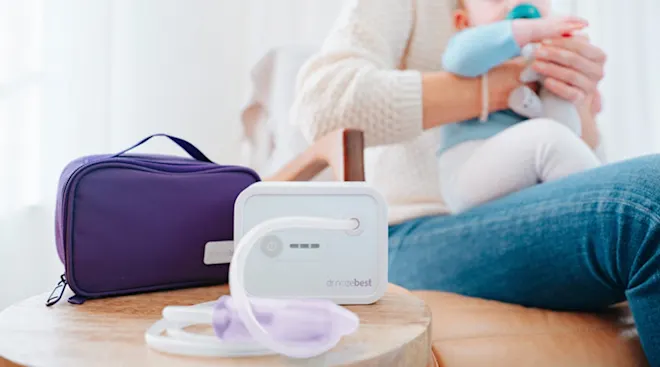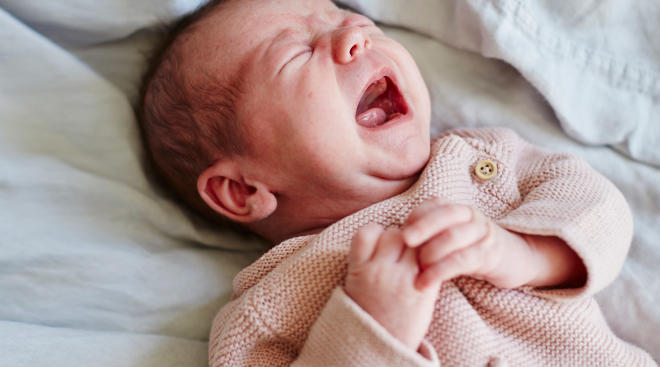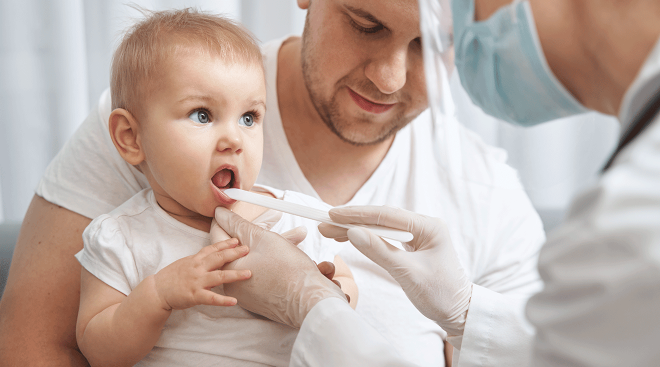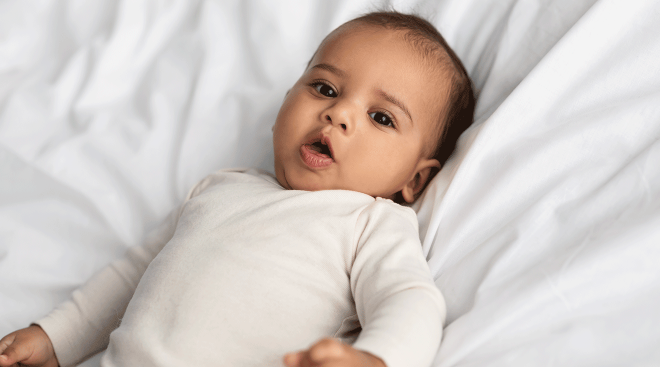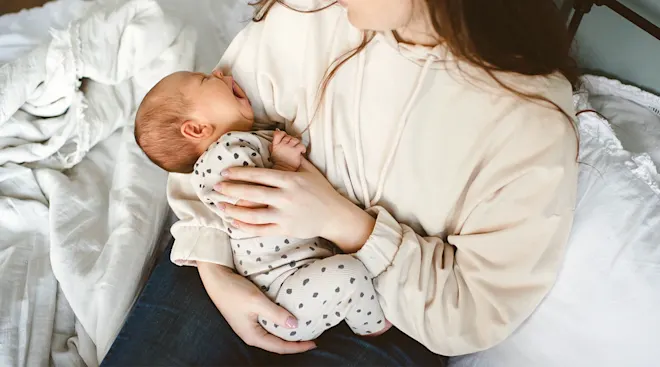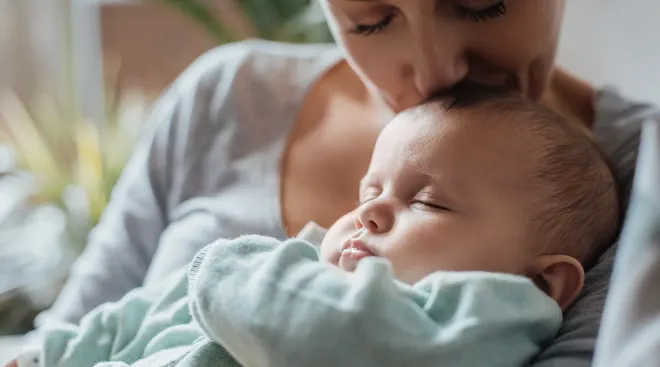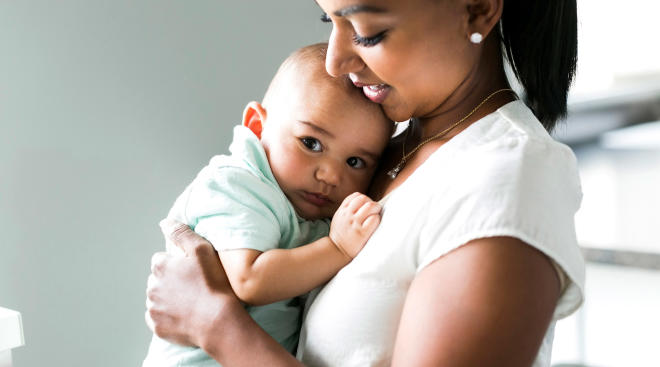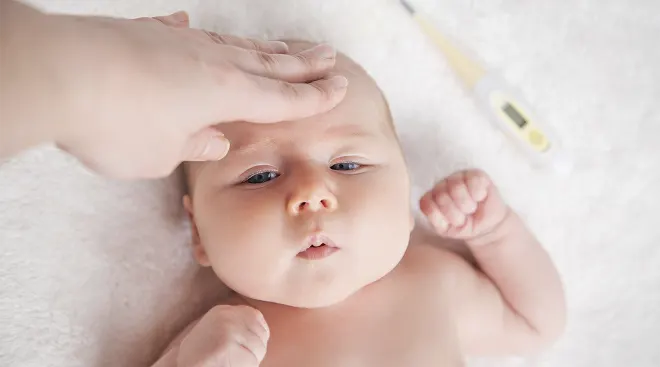Spot the Virus That Could Land Your Baby in the Hospital
As hard as we try to keep them healthy, it’s likely that baby will come down with a bad case of the sniffles at some point during the first year. Most common colds don’t pose a serious threat and, while there’s no cure per se, there are ways to make your child comfortable at home. But sometimes cold-like symptoms are masking a more serious illness that could land your little one in the hospital.
According to the American Academy of Pediatrics (AAP), respiratory syncytial virus, or RSV, is “the most common cause of lower respiratory tract infections in children,” with most children becoming infected during their first year and nearly all experiencing the illness by the age of two. Dr. Octavio Ramilo, chief of the division of infectious diseases at Nationwide Children’s Hospital in Columbus, Ohio, says that “by age two, 90 to 100 percent of children have had at least one infection caused by RSV.”
Experts say in a report released in HealthDay that RSV is “the leading cause of infant hospitalization in the United States.” And the Centers for Disease Control and Prevention estimate that it is responsible for “2.1 million outpatient visits among children younger than 5 years old.”
Because the symptoms mimic those of a typical cold—fever, runny nose, cough, sluggishness, and irritability—some parents may wait until it becomes a more serious issue. While most cases don’t require hospitalization, Dr. Ramilo warns that “babies under 3 months of age are very prone to get sicker for two reasons: their lungs are very small and therefore unable to handle a lot of inflammation, and the white cells of their immune systems that protect us against infections are not ready yet.”
It’s also more dangerous for infants who were born premature, have heart or lung problems, or other chronic illnesses. In addition to cold-like symptoms, babies with severe may “refuse their bottle, have trouble sleeping, and breathe more rapidly than usual.”
While there is no vaccine or medication that can cure the virus, the Nationwide Children’s Hospital recommends frequent hand-washing, restricted sharing of food, toys, and toiletries to avoid cross-contamination, and limiting a very young infants’ exposure to others, especially during the winter season.
H/T HealthDay
Please note: The Bump and the materials and information it contains are not intended to, and do not constitute, medical or other health advice or diagnosis and should not be used as such. You should always consult with a qualified physician or health professional about your specific circumstances.
Navigate forward to interact with the calendar and select a date. Press the question mark key to get the keyboard shortcuts for changing dates.

































